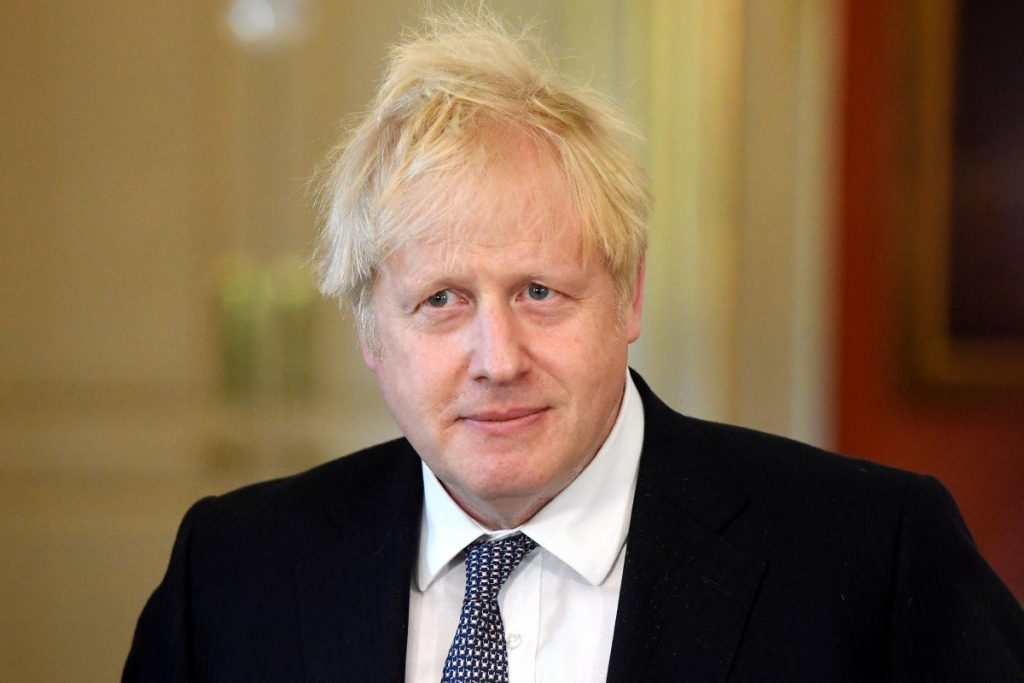
The UK will donate 100 million surplus coronavirus vaccine doses to the world within the next year, the Prime Minister has announced today (11 June 2021).
The pledge comes ahead of the G7 Summit, which begins in Cornwall today. Last week the Prime Minister asked fellow G7 leaders to help vaccinate the entire world by the end of next year.
At the Summit world leaders are expected to announce they will provide at least 1 billion coronavirus vaccine doses to the world through dose sharing and financing and set out a plan to expand vaccine manufacturing in order to achieve that goal.
The UK will donate 5 million doses by the end of September, beginning in the coming weeks, primarily for use in the world’s poorest countries. The Prime Minister has also committed to donating a further 95 million doses within the next year, including 25 million more by the end of 2021. 80% of the 100m doses will go to COVAX and the remainder will be shared bilaterally with countries in need.
By sharing 5 million doses in the coming weeks the UK will meet an immediate demand for vaccines for the countries worst affected by coronavirus without delaying completion of our initial domestic vaccination programme.
By vaccinating more people around the world not only will we help bring an end to the global coronavirus pandemic, we will reduce the risk to people in the UK. This includes significantly reducing the threat posed by vaccine-resistant variants emerging in areas with large-scale outbreaks.
The UK helped to establish COVAX last year and is its fourth-biggest donor, pledging £548 million to the scheme. COVAX has so far provided 81 million doses to 129 of the world’s poorest countries. 96% of these were the Oxford-AstraZeneca vaccine, the development of which was funded by the UK.
With the support of the UK Government, Oxford-AstraZeneca are distributing their vaccines on a not for profit basis the world. Thanks to this commitment, half a billion people have received a dose of the Oxford-AstraZeneca vaccine so far.
The Prime Minister said:
Since the start of this pandemic the UK has led the way in efforts to protect humanity against this deadly disease. Over a year ago we funded the development of the Oxford-AstraZeneca vaccine on the basis it would be distributed at cost to the world.
This unprecedented model, which puts people squarely above profit, means over half a billion doses have been administered in 160 countries so far.
As a result of the success of the UK’s vaccine programme we are now in a position to share some of our surplus doses with those who need them. In doing so we will take a massive step towards beating this pandemic for good.
At the G7 Summit I hope my fellow leaders will make similar pledges so that, together, we can vaccinate the world by the end of next year and build back better from coronavirus.
At the G7 leaders will also discuss how to expand the supply of vaccines internationally, with the Prime Minister asking the group to encourage pharmaceutical companies to adopt the Oxford-AstraZeneca model of providing vaccines of cost for the duration of the pandemic. Pfizer, Moderna and Johnson & Johnson have already pledged to share 1.3 billion doses on a non-profit basis with developing countries.
Leaders are expected to discuss additional ways to support countries experiencing acute coronavirus emergencies and put in place mechanisms to prevent future pandemics. This follows on from commitments made at the virtual meeting of G7 leaders earlier this year.
The cost of donating the UK’s surpluses will be classified as ODA. This will be in addition to the £10bn already committed in aid this year.
The doses the UK has announced it will donate today will be drawn from the UK’s expected excess supply. The 100 million figure has been calculated based on the total needed to vaccinate the UK population, factoring in the possibility of future vaccine-resistant strains being detected and potential disruptions to our supply.
Later this year the UK will also host the UN climate change conference, COP26. Today the UK is also announcing that in order to enable more representatives to attend safely we will work to provide vaccines to those accredited delegations who would be unable to get them otherwise. We are exploring with the UN and partners how we can work together to deliver this offer.
This will mean that those countries most affected by climate change are better able to participate fully in discussions about creating a greener future for the planet.
